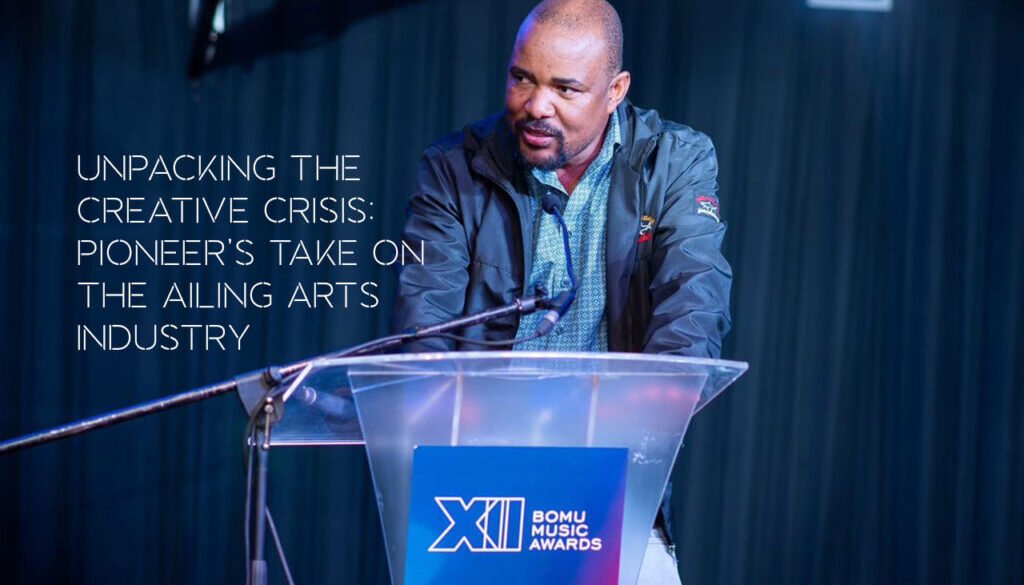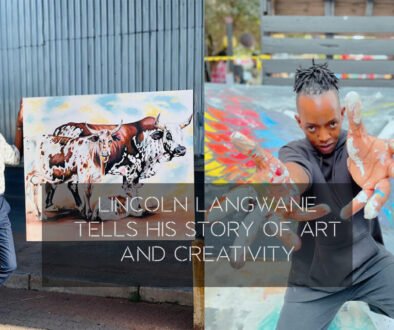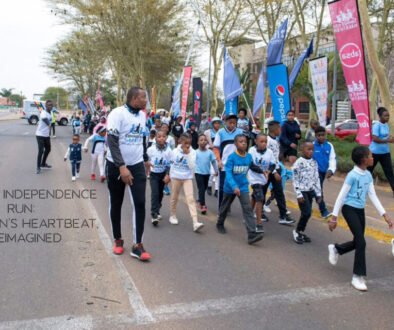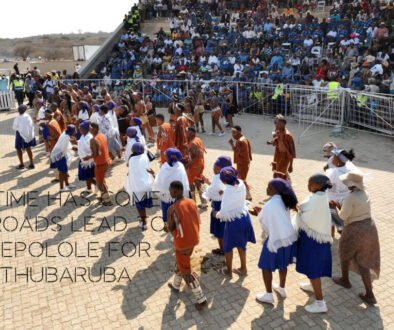UNPACKING THE CREATIVE CRISIS: Pioneer’s take on the ailing arts industry
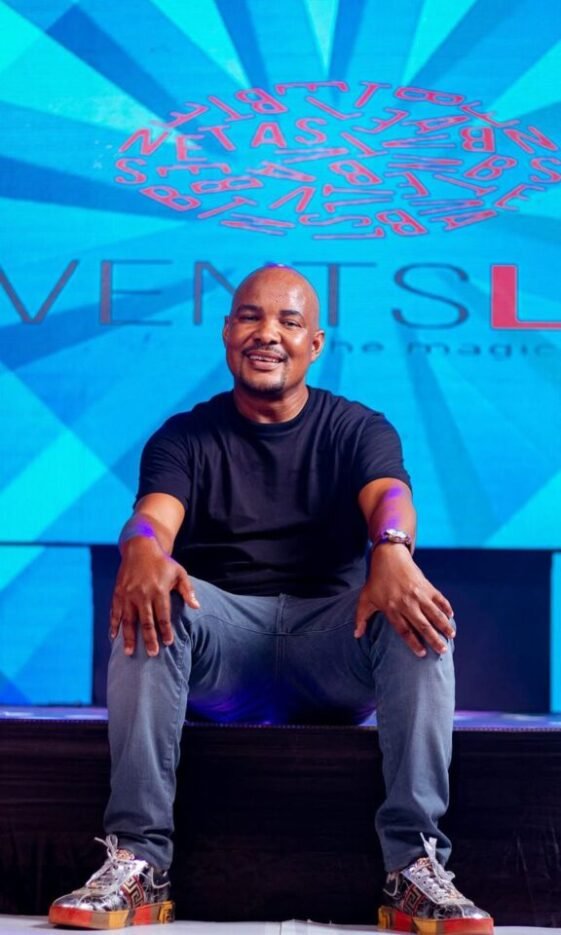
Botswana’s creative and arts industries are on life support, a stark reality in a country where this sector could be a major economic engine. Over the years, millions of pula have been funneled into projects that fail to grow the industry, leaving it stagnant and its players struggling to make ends meet.
While developed nations have embraced the creative sector as a powerful economic driver, Botswana’s arts scene is deteriorating, leaving artists and pioneers with little to show for their lifelong dedication.
The issue, according to many, lies with gatekeeping by government agencies. These agencies, which were initially established to financially support creative projects, have allegedly turned into competitors. They are accused of stealing creative ideas, bypassing intellectual property laws, and organizing events themselves instead of financing independent artists and producers.
Seabelo Modibe, a creative industry pioneer and founder of Staged Productions, is a vocal critic of this system. He also serves as a consultant for the Botswana Musicians Union (BOMU) awards and has a keen understanding of the industry’s challenges and untapped opportunities.
Modibe points out that while the creative and sports industries have evolved significantly in other parts of the world over the past two decades, Botswana remains an anomaly. He notes that over 80% of creative industry work in the country is carried out by government officers, a practice he finds deeply problematic.
“The government has no business running in-house advertising agencies, podcasts, or employing graphic designers, videographers, animators, and producers,” Modibe asserts. “That should be the job of independent event producers, film producers, independent podcast channels, and talent managers. We’re in a country with high unemployment, and the least the government can do is channel these opportunities to those who are jobless.”
Modibe questions the government’s capacity to employ all university graduates in the fields of sports and arts, a task he believes is simply not feasible. He also takes a sharp jab at the National Arts Council Botswana (NACB), which, he claims, has shut its offices to operate the annual national arts festivals. This includes staging and covering major competitions in polka, poetry, choral, and theatre at both constituency and national levels.
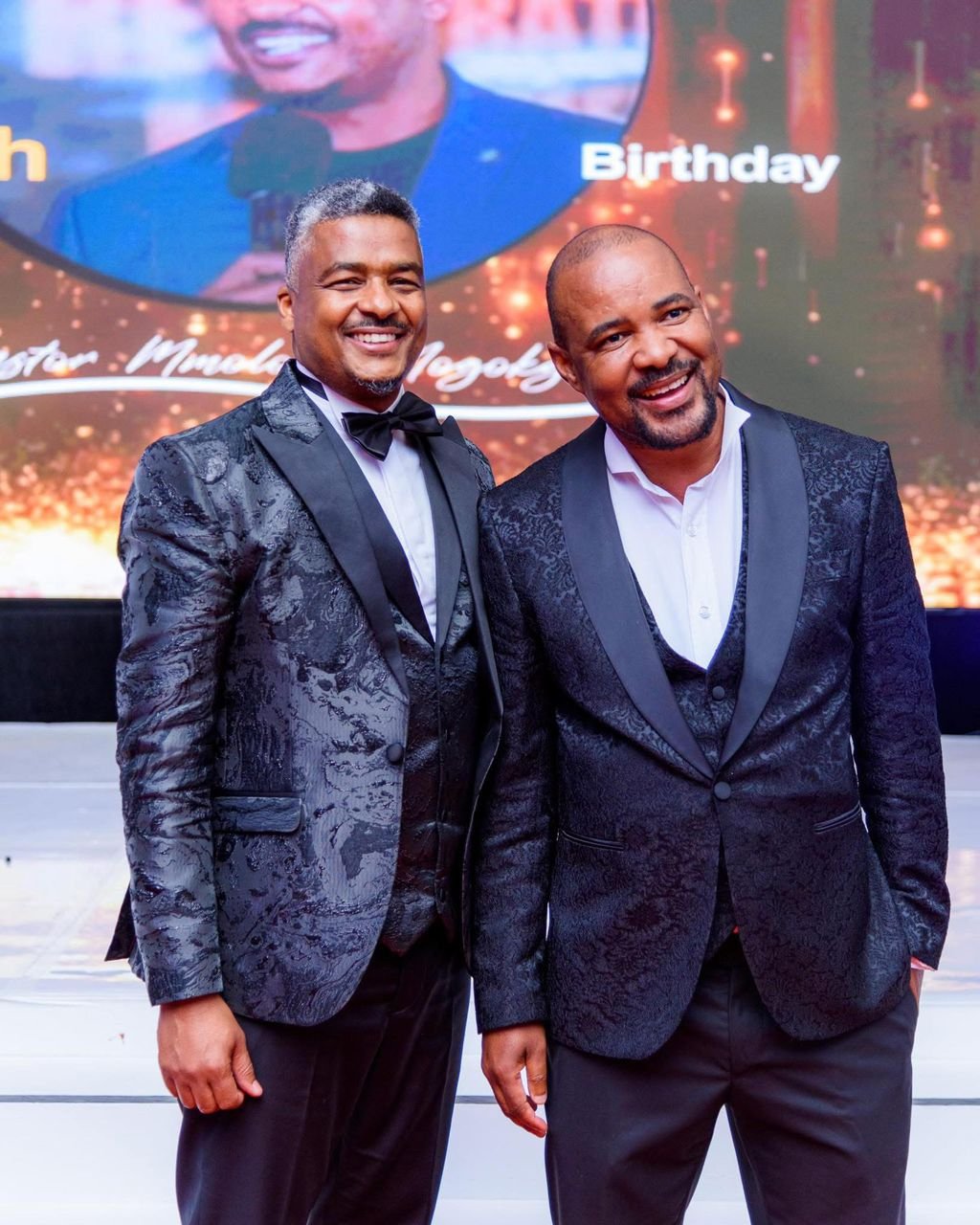
“Here is an organization that is supposed to be nurturing the creative sector, and it’s collapsing before our very eyes,” Modibe says with frustration. “It has no regulations and hasn’t held an Annual General Meeting in five years. If that’s not shocking, I don’t know what is.”
Modibe expressed his frustration with the state of public debate on these issues, where, he says, critics are often labeled and attacked instead of focusing on the facts. He believes that for the creative industry to thrive, there needs to be a shift away from government control and a move toward empowering independent artists and producers, allowing the sector to become the economic powerhouse it has the potential to be.
